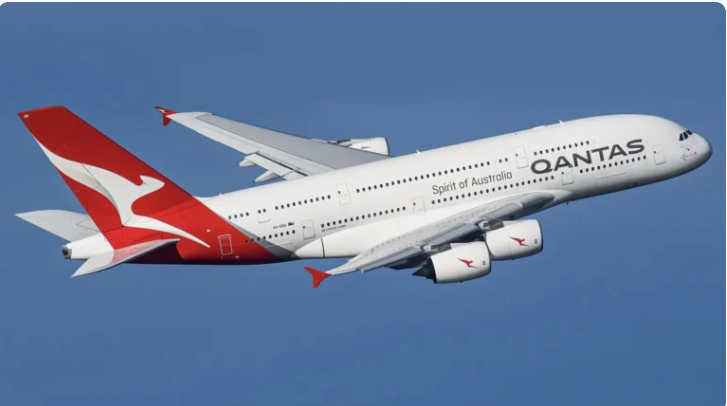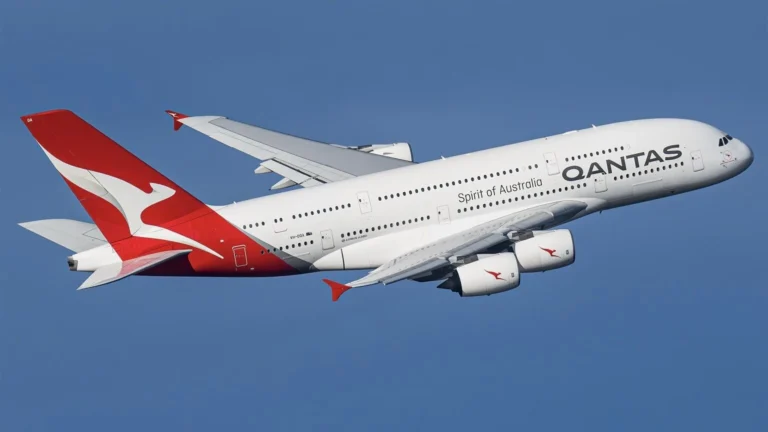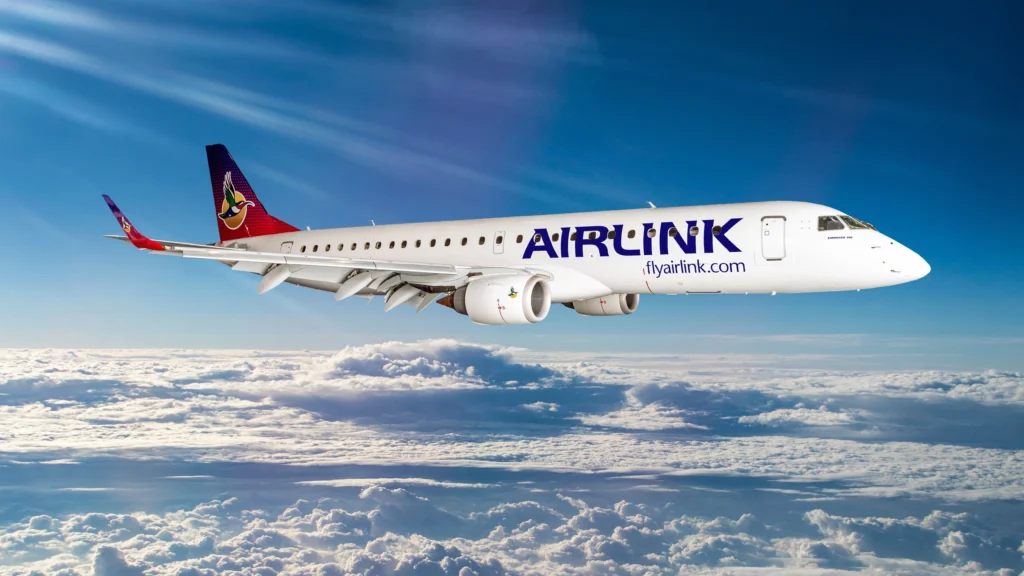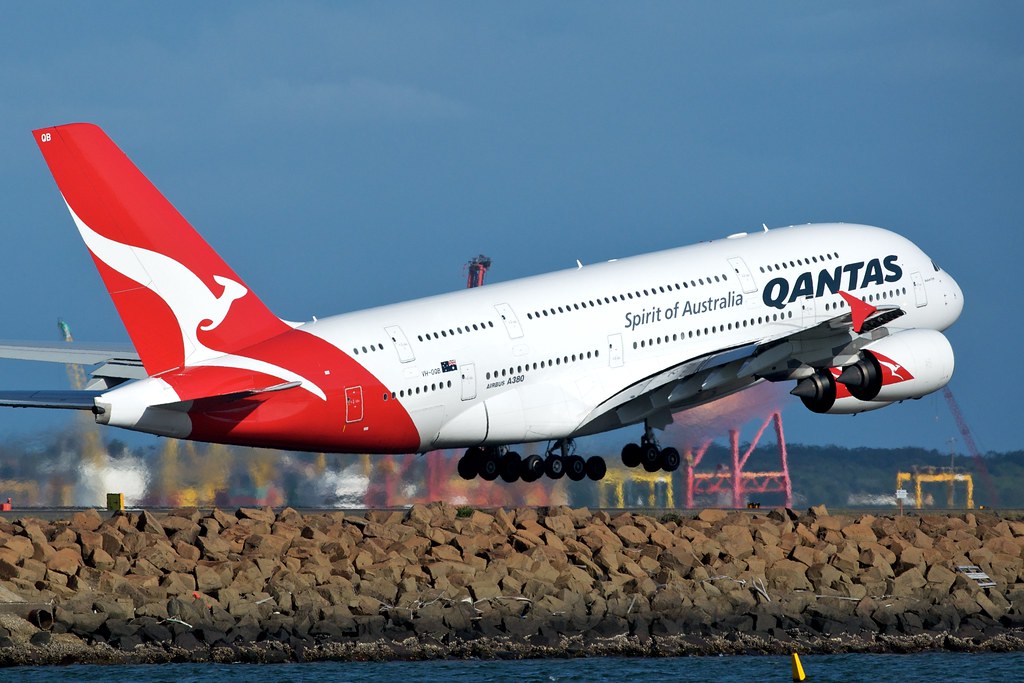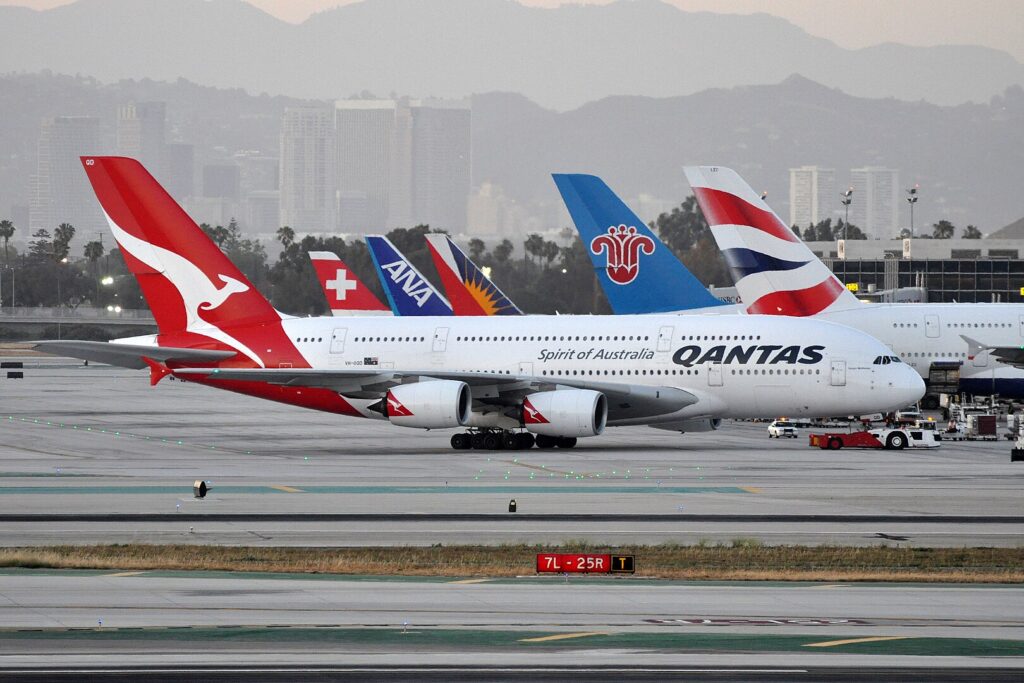The A380, accommodating 485 passengers across four cabins, reintroduces First Class to the route after a six-year hiatus. The exclusive First Class cabin features 14 individual suites in a 1-1-1 configuration, each convertible into a 212-centimeter bed. Premium Economy seating capacity more than doubles with this aircraft upgrade. Passengers in First and Business classes gain access to an upper deck lounge, offering booth-style seating for 10, a self-service bar, and signature drinks and snacks. This amenity enhances the luxury travel experience on the long-haul flight. Passengers on southerly routes during clear weather may glimpse Antarctica, adding a unique element to their journey. Flight durations span 14 hours and 40 minutes from Sydney to Johannesburg, with the return leg taking 11 hours and 55 minutes
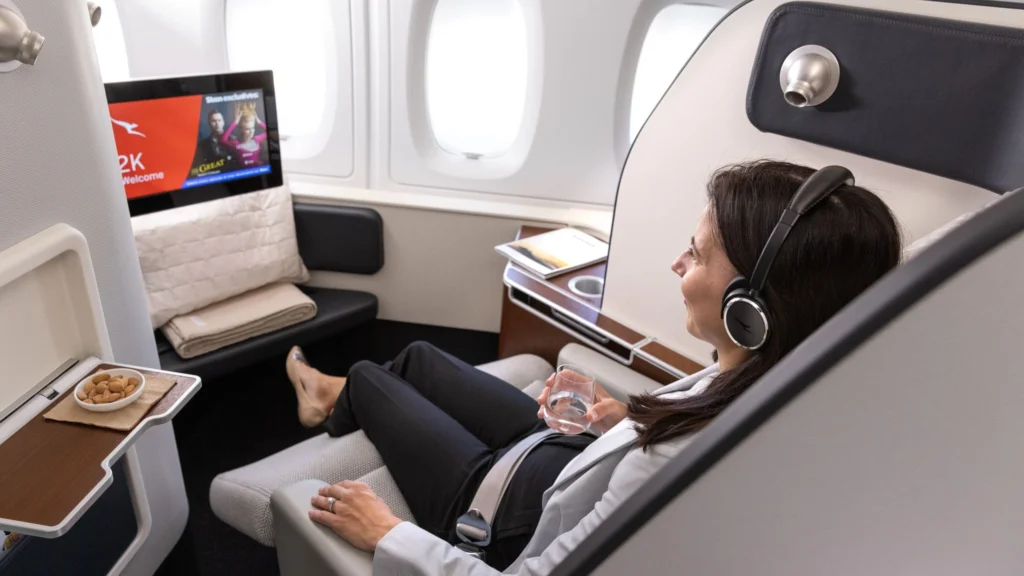
.


